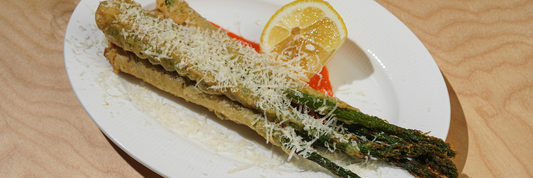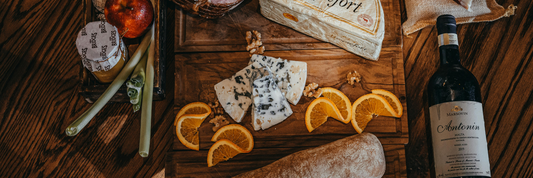Cutting boards are essential tools in every kitchen, but cleaning them properly is crucial to maintain hygiene and durability. A common question is whether cutting boards can be safely cleaned in the dishwasher. The answer depends on the material of the cutting board and its ability to withstand the high heat and water pressure of a dishwasher. In this article, we’ll explore the dishwasher compatibility of various cutting board materials and offer tips for keeping them clean and long-lasting.
Can Cutting Boards Go in the Dishwasher?
The suitability of cutting boards for the dishwasher depends on their material. While some materials, like plastic and glass, are generally safe for dishwasher use, others, like wood and bamboo, can be damaged by the high heat and moisture.
Factors to Consider
- Heat Resistance: Materials like glass can withstand high temperatures, but wood and some plastics may warp or crack.
- Material Durability: Cutting boards made from softer materials may degrade faster in a dishwasher.
- Longevity: Repeated dishwasher use can reduce the lifespan of certain types of cutting boards.
Cutting Boards and Dishwashers: Material Breakdown
Can Wood Cutting Board Go in Dishwasher?
- Dishwasher-Safe?: No.
- Why Not?: The high heat and water pressure in a dishwasher can cause wood to crack, warp, and split. Additionally, dishwashers strip the natural oils that protect the wood, leading to faster deterioration.
- Alternative Cleaning: Hand wash with warm soapy water, rinse thoroughly, and dry immediately.

Can Plastic Cutting Boards Go in Dishwasher?
- Dishwasher-Safe?: Generally, yes.
- Considerations: High-quality plastic boards can withstand the dishwasher, but lower-quality ones may melt or warp. Avoid placing them on the bottom rack, where heat exposure is higher.
- Best Practice: Place on the top rack and use a gentle wash cycle to preserve quality.

Can Bamboo Cutting Boards Go in Dishwasher?
- Dishwasher-Safe?: No.
- Why Not?: Bamboo, while more water-resistant than wood, can still crack and weaken when exposed to the heat and moisture of a dishwasher.
- Alternative Cleaning: Hand wash with mild soap, and apply food-grade mineral oil periodically to maintain its finish.
Can Glass Cutting Boards Go in Dishwasher?
- Dishwasher-Safe?: Yes.
- Advantages: Glass cutting boards are non-porous and heat-resistant, making them ideal for dishwashers.
- Caution: Check for chips or cracks before use to prevent injuries.

Can Rubber Cutting Boards Go in Dishwasher?
- Dishwasher-Safe?: Yes.
- Why?: Rubber boards are durable and can handle dishwasher cycles. However, ensure they are securely placed to avoid warping due to heat.
Alternative Cleaning Methods for Cutting Boards
For Wooden and Bamboo Cutting Boards
- Hand wash with warm water and mild detergent.
- Disinfect with a mixture of vinegar and water or rub with lemon and salt.
- Apply food-grade mineral oil monthly to prevent drying and cracking.
For Plastic Cutting Boards
- Wash with hot, soapy water after use.
- Use baking soda paste to remove stains and odors.
For Glass and Rubber Cutting Boards
- Clean with warm soapy water or in the dishwasher.
- Dry immediately to prevent water spots.
Tips for Safely Washing Cutting Boards
- Check Manufacturer’s Guidelines: Always confirm whether your cutting board is dishwasher-safe.
- Proper Placement: Place boards on the top rack to minimize heat exposure.
- Avoid Harsh Cycles: Use gentle wash settings to reduce wear and tear.
- Post-Wash Maintenance: Dry boards thoroughly to prevent mold or bacteria growth.
Conclusion
The compatibility of cutting boards with dishwashers depends largely on their material. While plastic, glass, and rubber boards are often safe for dishwasher use, wood and bamboo cutting boards should always be hand washed to prevent damage. By understanding the unique requirements of each material, you can maintain the quality and longevity of your cutting boards while ensuring proper hygiene in your kitchen.




